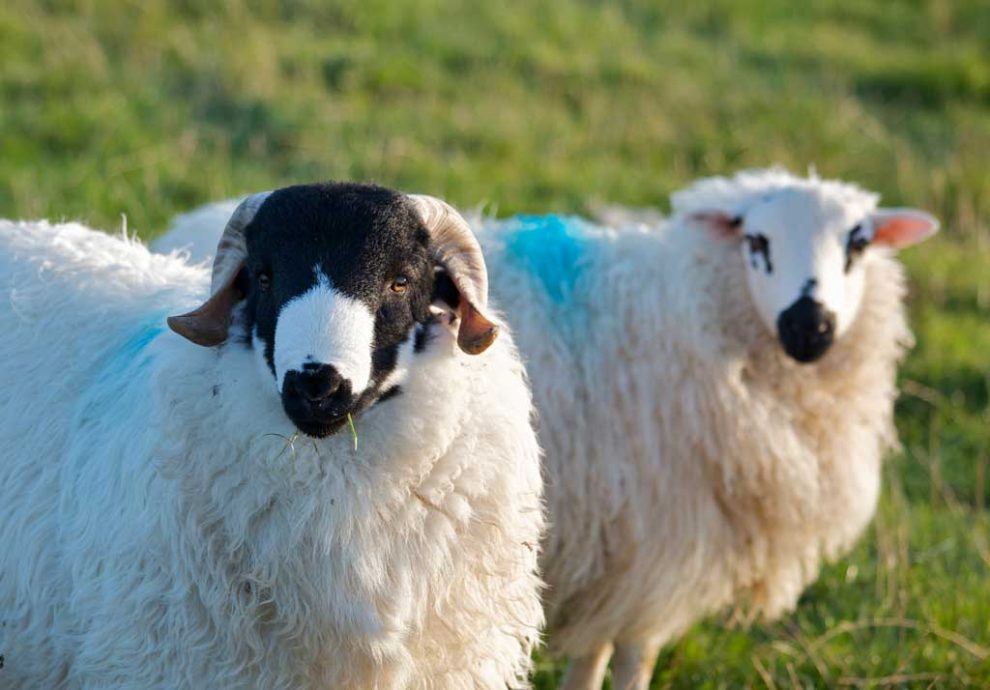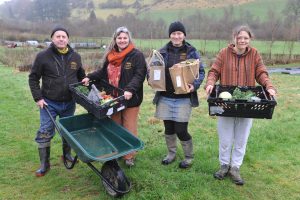FEWER than one in five family farms are making a profit from their farming activity, according to research undertaken by the Andersons Centre on behalf of The Prince’s Countryside Fund.
Analysis of data from 172 participants in the first year of The Prince’s Farm Resilience Programme has shown that the average farm made more than £20,000 loss from farming activities, and instead is reliant on other income streams to make a profit.
The shortfall was made up by income from non-farming activity, such as tourism enterprises, renewables, direct selling of products to the consumer, or income from working off farm as well as farm payments.
According to the report, broadly speaking, farmers face two business choices in order to cope with declining economic fortunes: either to focus on a farming solution or to redeploy resources away from agricultural production. In reality, it may be a combination of the two or farmers may vacillate between the two courses of action with periods of off-farm work generating income interspersed with a focus on the farm.
There are, of course, two further options open to farmers. First, they may cease farming, either entirely through selling up the farm or by letting their land. Or secondly, they might tighten the belt and continue business as usual.
Worryingly, many operators of small farms, believe the near future will see them retiring or otherwise leaving agriculture altogether.
Lord Curry of Kirkharle, chairman of The Prince’s Countryside Fund said: “Although the initial figure is startling, the research from the Andersons Centre shows that farmers are increasingly looking at their farms as a business, and are proactively looking for how they can generate an income from diversified sources to remain profitable.
“This is more crucial now than ever. Farmers must develop their skills and improve their business confidence to survive. If they do not, the risk of extinction for the family farm is very real; farmers must act now to both strengthen their core farming business and to spread the risk.
“The Prince’s Farm Resilience Programme is vital, because it equips farmers with the tools they need to remain financially stable. Maintaining diversity of farm size is essential to protect the British countryside and our rural communities.”
The Andersons Centre developed a bespoke and easy to use Business Health Check Tool for The Prince’s Farm Resilience Programme, allowing farmers on the programme to benchmark their performance, identify their strengths and weaknesses, and make informed business decisions as a result. Data from this tool was analysed to identify trends and performance in the farm businesses involved in the initiative.
The Prince’s Farm Resilience Programme aims to help 300 family farms, across 15 locations, each year. It brings together like minded family farm enterprises in local networks, to review their current activity and identify improvements and opportunities that can be made on-farm to build resilience, effectively helping farmers to take control of their businesses. Farmers who took part in the first year have confirmed they have higher levels of confidence in their business, better business management, and stronger communication within their family.
The Prince’s Farm Resilience Programme directly addresses some of the issues raised in a report commissioned by the Fund from the University of Exeter, ‘Is there a future for the small family farm in the UK?’
The report detailed how the loss of small family farms would have devastating effects for the British countryside, leading to loss of employment, breakdown of rural communities, and potential negative environmental consequences. The report concluded that it was essential to maintain a diverse range of farm sizes, but that this was in significant jeopardy.

















Add Comment